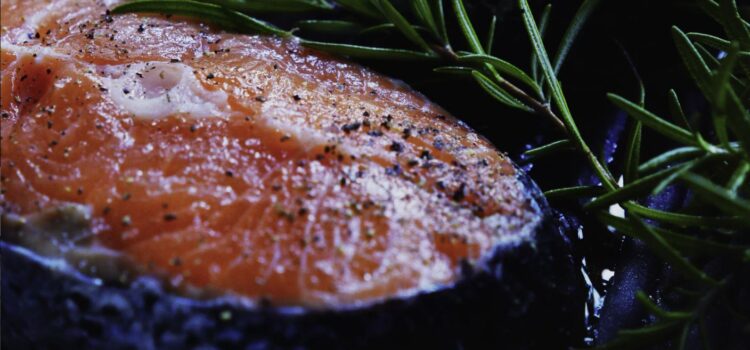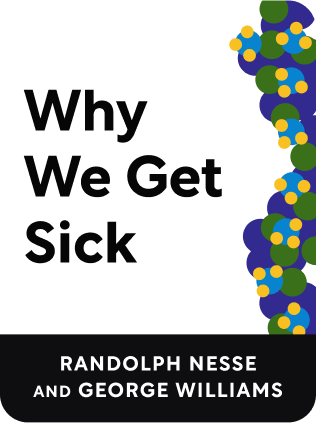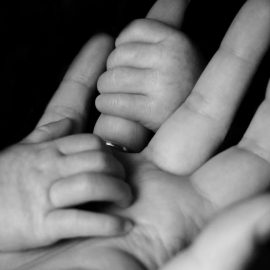

This article is an excerpt from the Shortform book guide to "Why We Get Sick" by Randolph Nesse and George Williams. Shortform has the world's best summaries and analyses of books you should be reading.
Like this article? Sign up for a free trial here .
How do parasites work? Why do they damage their hosts? Wouldn’t it benefit the parasite to keep its host nourished and healthy?
The authors of Why We Get Sick explore the science behind how parasites work. They argue that parasites are competitive and that they must fight each other for resources. They also claim that parasites and hosts have reached an equilibrium.
Keep reading to learn why parasites don’t help us.
Why Don’t Parasites Help Us?
Here’s an interesting thought—if parasites use host resources to survive and reproduce, why don’t they help the host thrive and get more resources? The longer the host lives, the more the parasite can reproduce, and the more they can spread offspring to new hosts. This would suggest that the natural evolutionary path of parasites is to gradually become more useful until it becomes indispensable to host survival. So, how do parasites work?
The authors of Why We Get Sick argue this thinking is flawed and ignores two critical points:
- First, this ignores competition between different parasites within the host, and even within the same parasite species.
- Say that a liver fluke and Shigella are competing for the same resources in the host. The one that most effectively exploits those resources will win.
- Within the same species, if one parasite selects for cooperation and less virulence, other aggressive members of the species will overtake it in reproduction. The host-friendly gene is rapidly eliminated from the population
- Second, the war between pathogens and humans has existed for millions of years. Parasites go through thousands of generations of reproduction in a host’s lifetime, so it’s likely the current situation is in an equilibrium.
- In other words, if it were so great for malaria to become helpful to the host, it would have already happened. That malaria still causes disease today suggests that this is malaria’s optimized strategy in today’s environment.

———End of Preview———
Like what you just read? Read the rest of the world's best book summary and analysis of Randolph Nesse and George Williams's "Why We Get Sick" at Shortform .
Here's what you'll find in our full Why We Get Sick summary :
- Why evolution hasn't rid humans of all diseases
- How reproductive fitness is more important than overall survival
- How you evolved to dislike the sound of a baby crying






